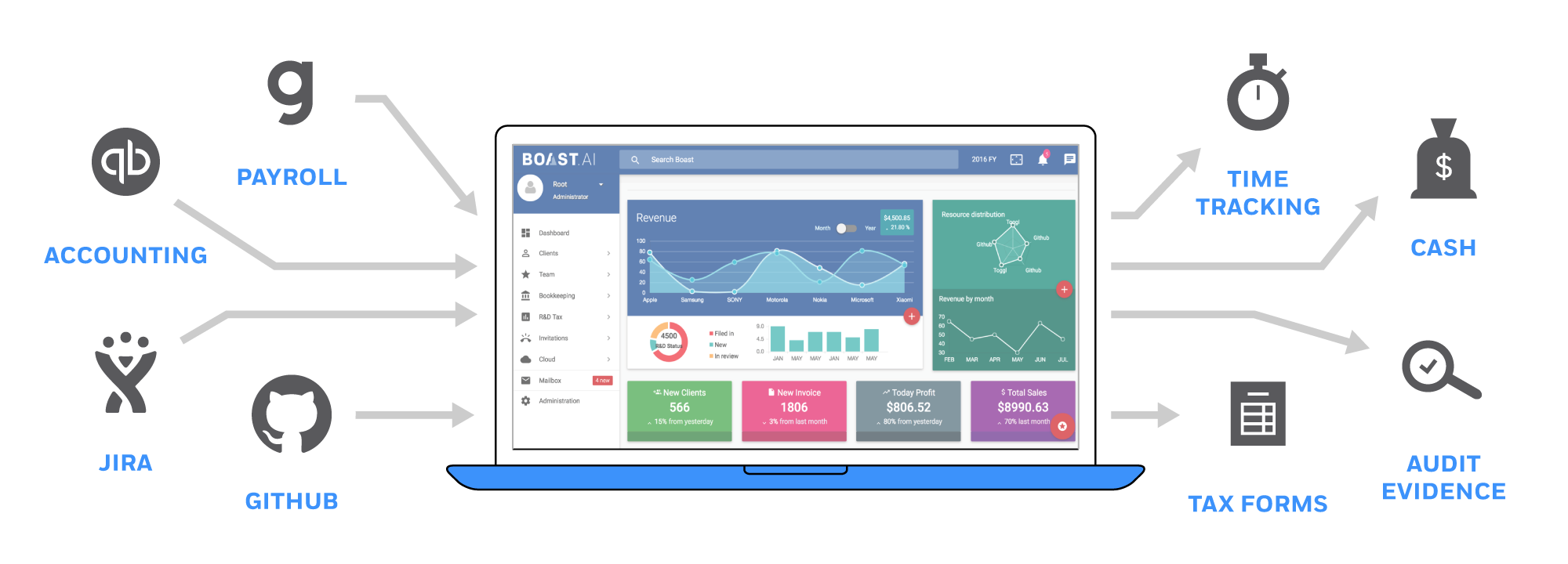As the pandemic has raged on, it has shone a spotlight on the importance of procurement, especially in certain sectors. Fairmarkit, a Boston startup, is working to bring a modern digital procurement system to the enterprise. Today, the company announced a $30 million Series B.
GGV Capital and Insight Partners led the round with help from existing investors 1984 VC, NewStack and NewFund. Today’s investment brings the total raised to $42 million, according to the company.
Fairmarkit wants to replace large procurement software systems from companies like Oracle and SAP that have been around for decades, says company co-founder and CEO Kevin Frechette. When he looked around a couple of years ago, he saw a space full of these legacy vendors and ripe for disruption.
What’s more, he says that these systems have been designed to track only the biggest purchases over $500,000 or $1 million. Anything under that is what’s known as tail spend. “So procurement really focuses on companies’ biggest purchases, say things over a million, but anything under that size just gets forgotten about and neglected. It’s called tail spend, and it’s still 80% of what they buy, 80% of their vendors and 20% of the budget,” he told me.
This spending accounts for billions of dollars, yet Frechette says, it has lacked a good tracking system. He saw an opportunity, and he and his co-founders built a solution. Its first customer was the MBTA, Boston’s mass transit system (a system that could use all the help it can get in terms of getting more efficient). Today the company has more than 50 customers across a variety of industries.
The system acts as a marketplace for vendors and a central buying system for customers where they can find goods and services at this price point below $1 million. It imports a customer’s vendor data, and then combines this with other data to build a huge database of buying information. From that, they can determine what a customer needs and using AI, find the best prices for a particular order.
Frechette says this not only provides a way to save money — he says customers have been able to cut purchase costs by 10% with his system — it also provides a way to surface diverse vendors, whether that’s businesses owned by women, people of color, veterans, local business or however you define that.
He says too often what happens is that these deals aren’t put under typical procurement department scrutiny and they just get passed through, but Fairmarkit helps surface these companies and give them a shot at the business. “So because the core of our technology is a vendor recommendation engine […], we can help to invite those diverse vendors and really just give them a fair shot,” he said.
The company started the year with 40 employees and have added 30 since. The plan is to double that number next year, and as they do, Frechette hopes to reflect the diversity of the company’s product by building a correspondingly diverse employee base.
“It’s really just keeping it at the forefront. We want to make sure that we’re not just doing surveys around how we are doing for diversity and inclusion, but we’re putting programs in place to help out with it. It’s something I’m very very passionate about because it’s been such a sticking point as well on how we’re helping diverse vendors,” he said.
Frechette says that he has managed to grow the company and build a culture in spite of the pandemic not allowing employees to come into an office. He doesn’t see a world where the office will be a requirement in the future.
“We’ve hit an inflection point this year where there’s no world where we need everyone to be in an office […], which once again only helps to accelerate our business because we’re not constricted by everyone in this one small [geographical] sector. We can operate across the board [from anywhere],” he said.
Powered by WPeMatico

